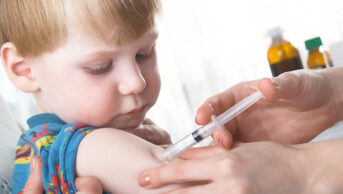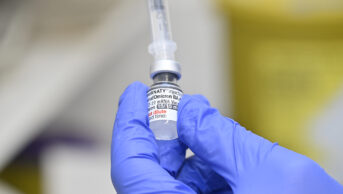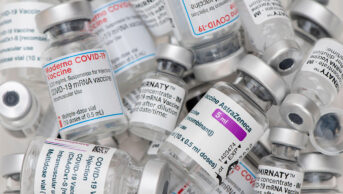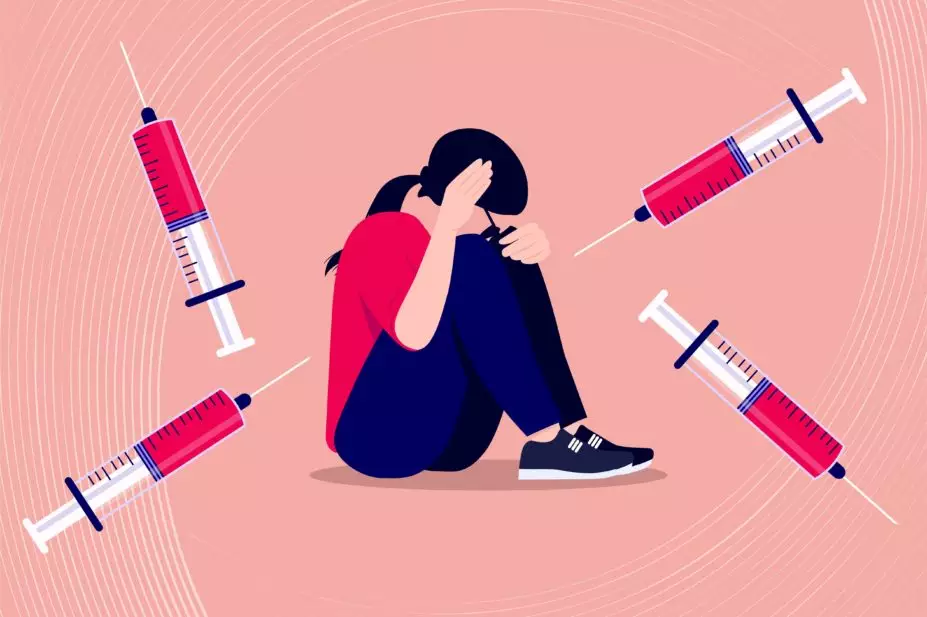
Shutterstock.com
Open access article
The Royal Pharmaceutical Society has made this article free to access in order to help healthcare professionals stay informed about an issue of national importance.
To learn more about coronavirus, please visit: https://www.rpharms.com/resources/pharmacy-guides/wuhan-novel-coronavirus
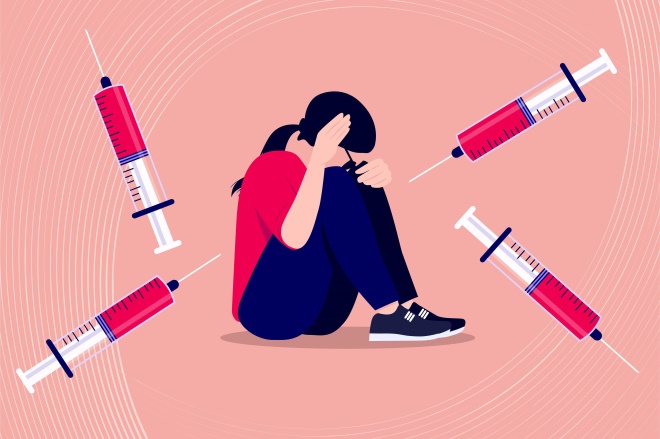
Source: Shutterstock.com
Vaccine hesitancy has been deemed one of the top threats to global health by the World Health Organization
Vaccination is one of the most cost-effective ways of avoiding disease and, in the case of COVID-19, finding a successful vaccine is widely seen as our only permanent exit strategy from the pandemic.
Many hurdles stand in the way of developing a successful vaccination programme against COVID-19. But, arguably, the most significant of these is “vaccine hesitancy”.
Vaccine hesitancy — the reluctance or refusal to vaccinate despite the availability of vaccines — has been deemed one of the top threats to global health by the World Health Organization.
In 1998, a discredited study in The Lancet, linking the measles-mumps-rubella (MMR) vaccine to autism, had a catastrophic impact on vaccination rates; uptake of the vaccine dropped from around 91% to 54%.
Although uptake recovered after the paper was retracted several years later, more than 20 years on, the effects are still being felt — coverage of the MMR vaccine fell for the fifth year in a row in 2018/2019.
In March 2019, Simon Stevens, the chief executive of NHS England, warned that vaccination deniers were gaining traction on social media and could be contributing to the decline in MMR uptake. And concerns are rising that the same issue could impede the success of potential COVID-19 vaccines.
Misinformation and “fake news” are already circulating about the vaccine, sowing seeds of doubt even before vaccines have completed clinical trials. Data from a panel study of more than 70,000 respondents carried out by University College London showed that 22% of people said they were unlikely to be vaccinated against COVID-19, with 30% of respondents having substantial beliefs that vaccines may cause future problems and around 15% believing vaccines do not work.
A smaller survey from the United States, published in the journal Vaccines
, showed that although 68% of the 316 respondents were supportive of being vaccinated for COVID-19, concerns remained about side effects, sufficient vaccine testing and vaccine effectiveness.
Experts have suggested that herd immunity to COVID-19 will only be achieved when approximately 60% of the population is immune, either through naturally acquired immunity after infection, or a vaccination. Therefore, hesitancy around a COVID-19 vaccine needs to be addressed now, as a matter of urgency.
The issue of trust in vaccines is a complicated one. It often reflects more general trends in society, the values and beliefs that are distilled in childhood, and the personal experiences of the individual.
And there is little evidence on what works in those who are more vaccine hesitant. National publicity campaigns raise uptake, but there are doubts about whether they really reach those who are most resistant. Simply providing more information about a vaccine does not always address the underlying causes of vaccine hesitancy.
For example, the news that the government may use emergency powers to allow an unlicensed COVID-19 vaccine to be used in the UK led many to conflate the term “unlicensed” with “untested”, and when the Oxford University vaccine trial was paused it led to questions over transparency, despite the fact that pausing a trial is a routine part of vaccine development.
Interestingly, a recent paper in The Lancet
suggested that confidence in the importance of vaccines — rather than in their safety or effectiveness — was most strongly linked with vaccine uptake. And one of the most powerful interventions is the interactions that people have socially and with healthcare professionals.
Of course, this includes pharmacists, who will be an important part of any national vaccination effort.
To support this, there must be regular monitoring of vaccine confidence levels to detect trends indicating a need for interventions to sustain confidence in the COVID-19 vaccine. We need to dedicate enough time to support those administering vaccines, to help them directly address concerns and explain why a vaccine is our best bet for overcoming this pandemic — ideally before a vaccine is released.
With the first COVID-19 vaccine promised by early 2021, maximising public trust in vaccination has to be of the highest priority. We need to start this work now, before it is too late.
